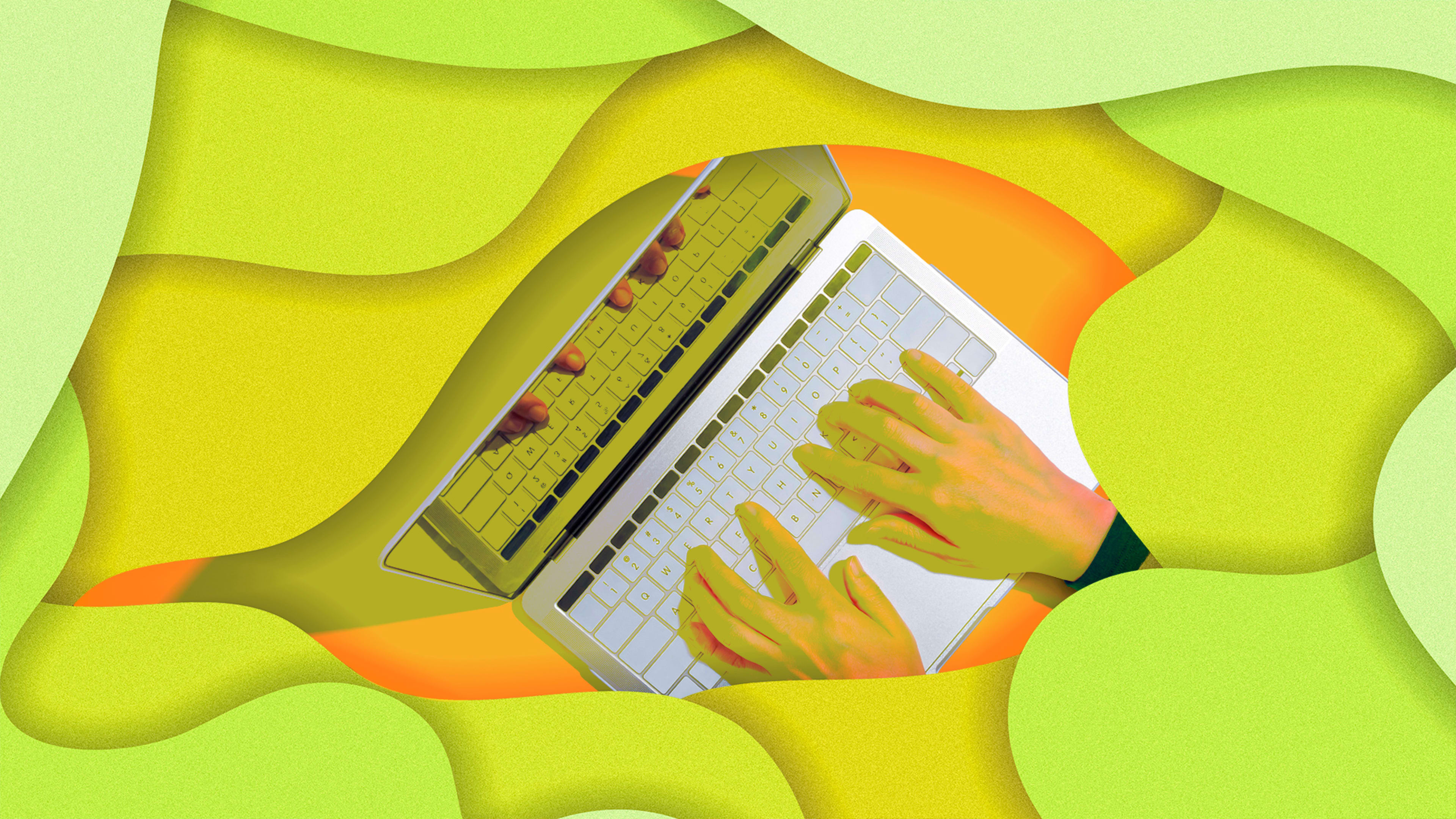Since offices shut down and so many people went home to work at the beginning of the pandemic, many have been worried about the extroverts. How would these individuals, who get their energy from being around others, cope with the isolation? How would they manage without watercooler chitchat and face-to-face interaction?
As it turns out, the extroverts are doing fine.
A group of researchers has been checking on roughly 700 employees every two weeks since shortly after the start of the pandemic. What they found is that extroversion or introversion weren’t indicators of whether someone could successfully work from home. But other factors were.
“We didn’t see any actual effects in terms of extroversion or introversion, in terms of the difference between the two and outcomes that we measured,” says Andrew Brodsky, assistant professor of management at the University of Texas at Austin, a researcher on the project.
Who’s struggling with the WFH normal
What were the indicators of people who are struggling with working from home? The researchers found two. One was agreeableness. This trait is “often associated with an individual’s proclivity toward maintaining positive relationships, feeling others’ emotions, sympathizing with others’ feelings and being interested in their challenges,” the researchers wrote. In other words, can you just go with the flow? People who are highly agreeable are more comfortable adapting to new situations. “They’re not going to get as frustrated. They’re not going to create as much conflict as new things are taken up,” Brodsky says.
The other factor was neuroticism. In this context, these are people who are highly conscientious and self-aware, but they get anxious and fearful under pressure. The researchers found this group had the most trouble adapting to all-virtual work.
That makes sense to therapist Angela Ficken, who works with patients on overcoming stress and anxiety. “If you go in with a good sense of self and a toolbox of coping strategies through any kind of distressful situation, and you will move through it with more ease than if you are going in with more of a mental health concern,” she says. “If your toolbox of skills is shaky, it’s going to be that much harder to cope regardless if you’re someone who is the life of the party or likes to have one-on-one time.”
About those extroverts
As far as those outgoing souls are concerned, they know they need connections, so they apparently used the resources at their disposal to get what they needed. “We don’t have data on exactly the reason why we don’t have an effect. But if I had to guess, it’s very possible that extroverts went out of their way to make sure that they had more of those connections,” Brodsky says.
And there are some overall challenges that many workers are feeling, regardless of personality type or traits. First, there’s more time pressure. The cues that you’ve done a good job—feedback about progress, compliments, or even your boss leaving for the day—aren’t present like they are in an office, Brodsky says. So, it can be tough to gauge whether you’re working enough or meeting expectations. That’s usually a good time to check in with your boss to help manage those feelings.
“Generally good advice, as opposed to just feeling unhappy with a situation, is to try and be mindful of what’s causing your underlying feelings or emotions in the matter. And actually try and brainstorm and play around with ideas,” Brodsky says. Figure out how to make it better; play around with ideas, and you might be surprised at the solutions you find, he says.
Recognize your brand’s excellence by applying to this year’s Brands That Matter Awards before the early-rate deadline, May 3.
